Dental Hygiene in the Early Years: Why is it so important?
When we think about young children’s teeth, it’s easy to think that the condition of their ‘milk teeth’ isn’t too important, because we know that, eventually, they will fall out and be replaced by adult teeth. However, the more research undertaken in this area, the more important oral hygiene is proven to be for young children, with long-term impacts on their health.
The most recent national dental epidemiology study found that almost 1 in 4 under-5s in England have tooth decay affecting 3 to 4 teeth on average. 11% of children as young as 3 have visible signs of tooth decay; it’s also the most common reason for children between the ages of 6 and 10 having surgery under general anaesthetic. Implementing an oral hygiene routine in our youngest children will help prevent them reaching a point when they are older where surgery is the only remedial option.
The recipe for tooth decay in young children is very simple: plaque and sugar. When these two things come into contact, acid is created which, in turn, creates cavities and tooth decay.
The easiest way to stop it? Limit ‘free sugar’ intake and brush teeth regularly with fluoride toothpaste.
‘Free sugars’ include all sugar added to food and drink in manufacturing, cooking, or added before eating. The most common examples of foods and drinks containing these are:
· Cakes, biscuits, chocolates and sweets
· Processed foods like jarred sauces, jams and breakfast cereals
· Some flavoured yoghurts
· Fruit juices and purées
· Honey and syrups
· Smoothies
‘Free sugars’ are not found in:
· Whole fruit and vegetables
· Plain, unflavoured milk and yoghurt
· Water
This is why at KatieB Kids we offer only milk and water at mealtimes, and use fruit as a natural sweetener in desserts or with snacks. This isn’t to say the children don’t have homemade cakes for pudding from time to time, but these are part of a balanced diet and carefully-considered menu cycle.
Of course, children are sometimes going to eat foods containing free sugars, but it’s helpful to note that consuming these at mealtimes is better for children’s teeth than at separate snack times. This is because the more often throughout the day teeth are exposed to free sugars, the more likely they are to decay. This is another reason why at nursery we have set mealtimes and snack-times, and children don’t have the opportunity to ‘graze’ for prolonged periods.
The importance of tooth brushing
When it comes to actually brushing teeth, it can never begin early enough. Even babies’ teeth support them with chewing and developing speech and language. As soon as a child has any teeth, it’s time to start looking after them and introduce toothbrushing.
To make toothbrushing effective:
· Use a fluoride toothpaste
· Use just a smear of toothpaste for children under 3 years old and a pea-sized amount for children over 3.
· Brush in a circular motion for approximately 2 minutes, covering the whole of each tooth.
· Brush twice a day, including once just before bedtime.
· Spit, don’t rinse with water- rinsing washes away the fluoride.
· Rinse the toothbrush once finished.
We know that children are more receptive to learning when it’s fun, so reading books, using timer apps specifically designed to support toothbrushing or even practicing brushing on a model set of teeth can make it a much more rewarding experience for them.
What about the dentist?
Children should visit the dentist once they are a year old or once they grow their first tooth, whichever comes first. The British Dental Association has estimated that 6.5 million children in England have not been seen by a dentist in at least a year. Access to NHS dentistry has taken a sharp decline in recent years, so many dental problems in young children are not able to be nipped in the bud before they become more serious. Therefore, education in how to care for children’s teeth is more important that ever, as children are heavily reliant on parents and Early Years Educators for guidance and support with their oral health.
Books we recommend:
Let’s Brush Our Teeth by Campbell Books
How to Brush Your Teeth With Snappy Croc by Jane Clarke and Georgie Birkett
My Friend Toothy by Stacey Laviolette
Apps we recommend:
